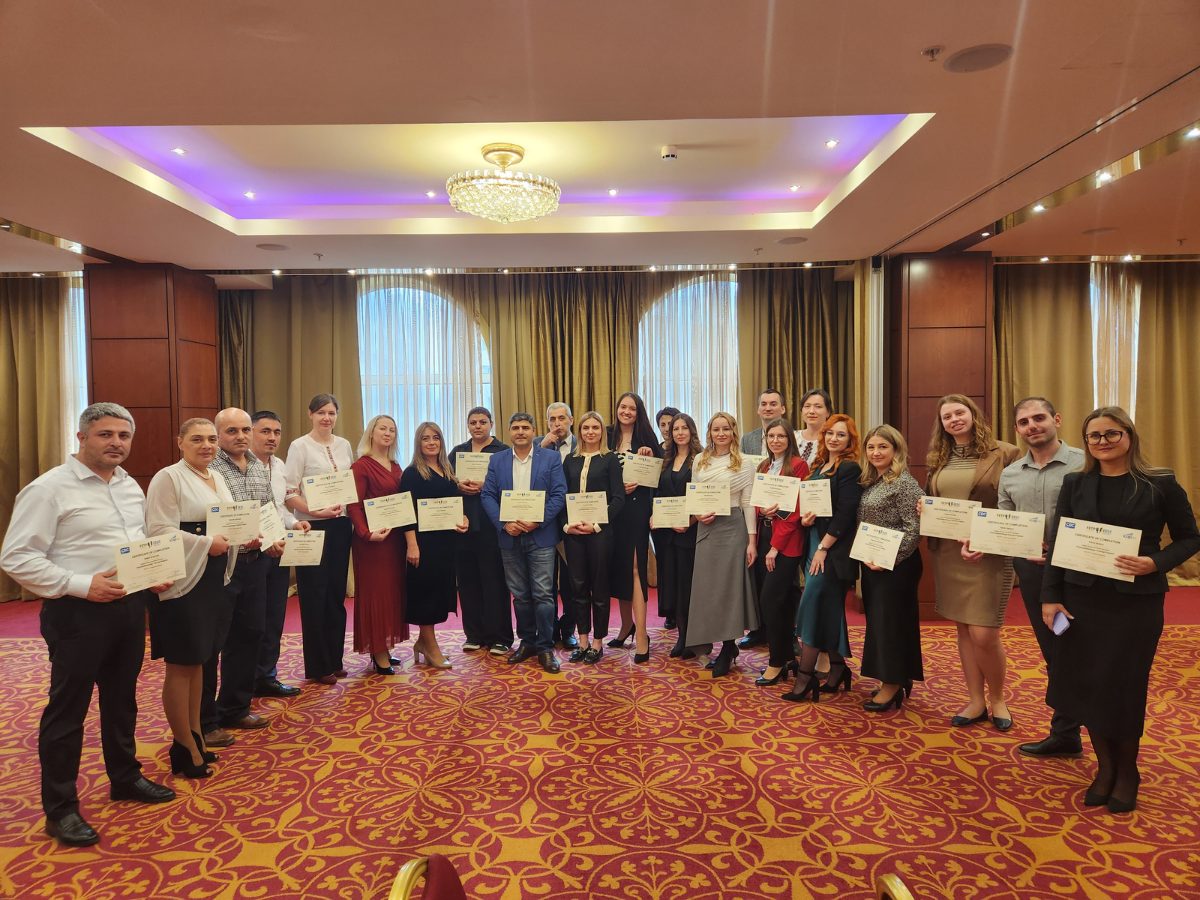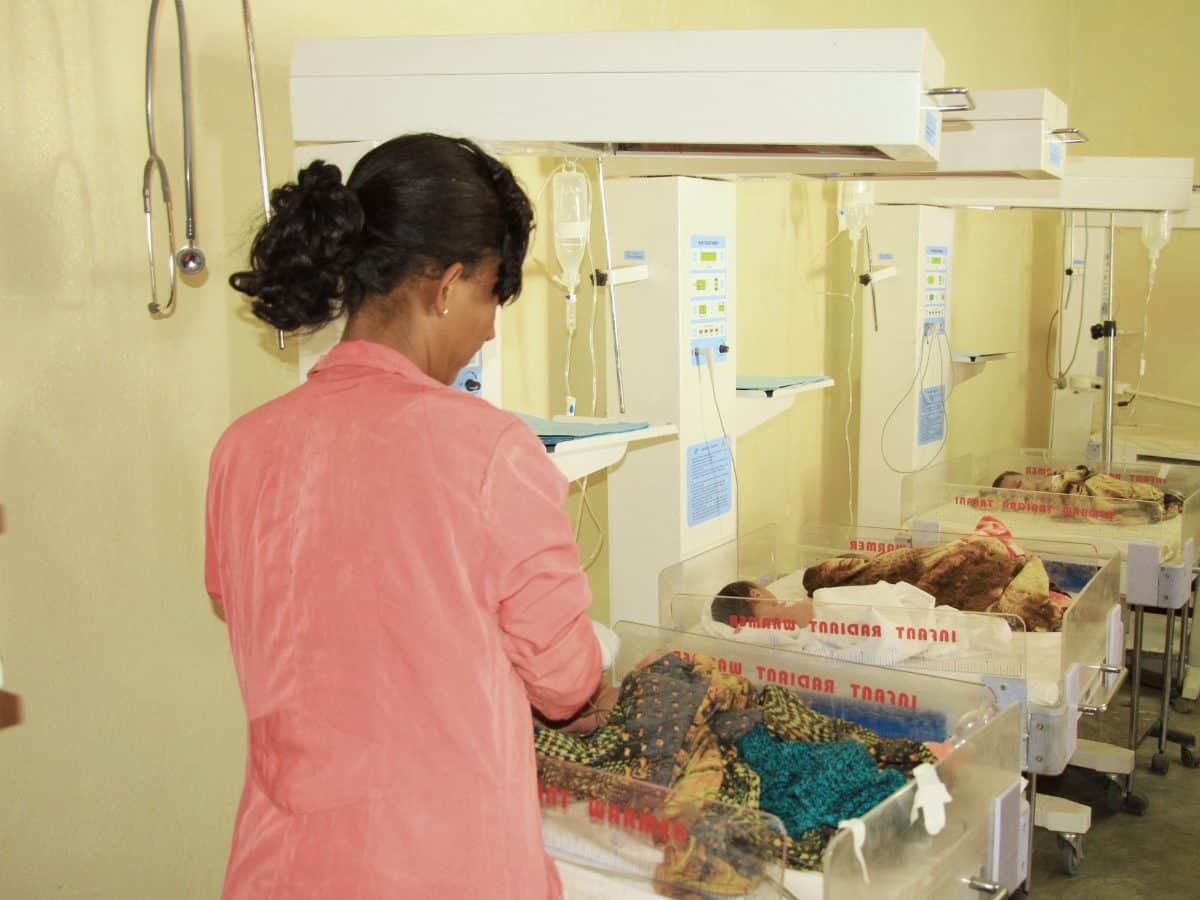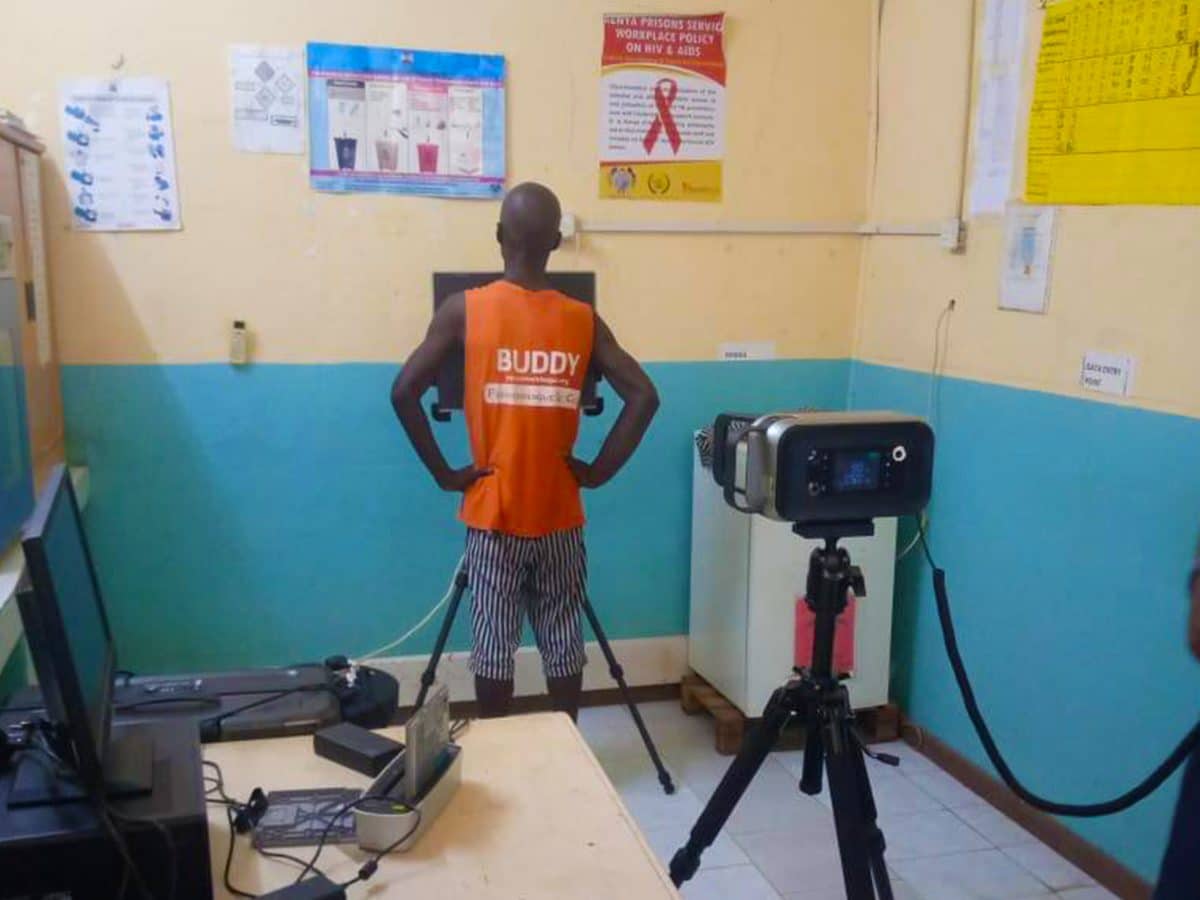BY: RAY SUAREZ, PBS SENIOR CORRESPONDENT
Reprinted with permission from PBS NEWSHOUR
If you’re old enough, you can remember when you first heard about a disease, or a group of diseases found among young men in New York and San Francisco. In those early years, understanding the biology of what became known as the human immunodeficiency virus, or HIV, and trying to stop its rapid spread became a worldwide crusade. The house was on fire, the danger real and the future uncertain.
Things now have changed enough to hold a conference with the audacious title, “A Future Without AIDS: Dream of Reality?” For this reporter, being invited to moderate a conversation of superstars in the global battle against AIDS was a chance to pick the brains of some of the most influential, and also the most experienced professionals in the struggle: — Dr. Anthony Fauci of the National Institute of Allergy and Infectious Disease — Dr. Eric Goosby, US Global AIDS Coordinator at the State Department — Michel Sidibé, Executive Director of UNAIDS, the Joint UN Program on HIV/AIDS — and Dr. Wafaa El-Sadr, Director of ICAP at the Columbia Mailman School of Public Health.
I have covered AIDS as a reporter since the earliest days of the detection and diagnosis of the disease. At a hospice for infected infants I masked up and held dying infants in my arms. I’ve interviewed thin men with sunken eyes and lesions from Kaposi’s Sarcoma — one of the opportunistic diseases plaguing sufferers in advanced stages of AIDS — who talked of dying in their twenties. I’ve sat with exhausted clinic operators coming off yet another 15- or 16-hour day as they struggled to get their arms around a wildfire of disease. In short, I’ve been interviewing people who thought we would never reach the point where we could have a realistic conversation about the end of the AIDS epidemic.
The reports from the field are good: Sidibe talked of declining levels of new infections in the developing world and the suppression of the virus in the bloodstreams of millions of people who are getting anti-retroviral (ARV) treatment. Dr. El-Sadr said early research would indicate that people living in hard-hit communities do not return to risky personal behavior as their friends and neighbors stop dying of the disease. Dr. Goosby said that even while funds are being cut for the President’s Emergency Program for AIDS Research (PEPFAR), squeezing inefficiencies out of the delivery of care in poor countries has meant delivering care to even more people for less money. Dr. Fauci, one of the world’s most important veterans in the fight against AIDS, spoke of steady progress toward a vaccine, even though HIV has proven to be a daunting foe when compared with other viruses.








